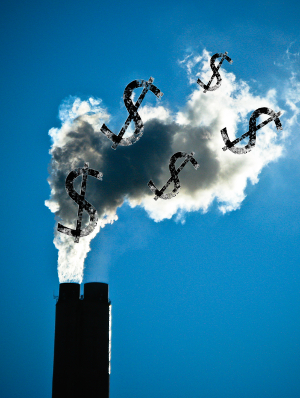Energy bosses want extra options for new direction
 The entire $120 billion energy industry wants its own set of options in the government’s Direct Action policy, asking to be exempt from the bulk of new laws.
The entire $120 billion energy industry wants its own set of options in the government’s Direct Action policy, asking to be exempt from the bulk of new laws.
In a senate estimates hearing this week, the Energy Supply Association of Australia (ESAA) said there was some “value in considering the sector separately” to other industries in the plan, as energy supplier were unlikely to bid for grants from the emissions reduction fund worth $1.5 billion.
The grants are the centrepiece of the Coalition plan to cut harmful pollutants. The fund pays companies to mend their ways, such as through offsets or abatement.
But the energy industry feels that many of stipulations can not be applied, such as a requirement that abatement projects run less than five years to be eligible for rewards. ESAA said any such projects that power stations undertook would take longer than the Direct Action policy allows.
More generally, the ESAA says the plan as it stands could end up unbalanced, as it appears to penalise operators in some circumstances without matching incentives.
“A scheme that has penalties for exceeding baselines but no incentives for remaining below is unbalanced and could increase costs for business,” the industry body’s submission said.
“Any costs imposed through penalties would ultimately be passed on to end consumers through higher prices.”
“If there is to be any consideration of a baseline scheme with penalties, it must also include credits for businesses that are able to reduce their emissions.”







 Print
Print